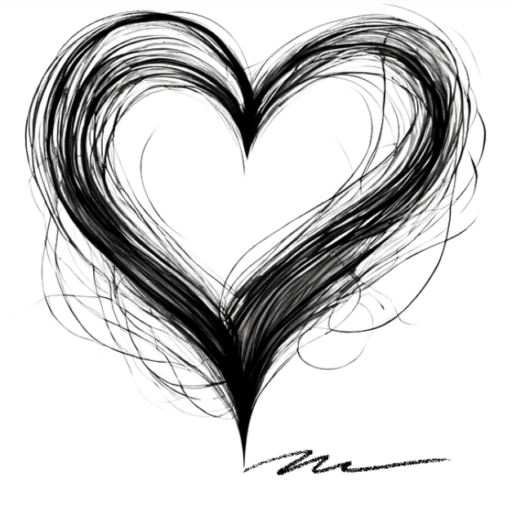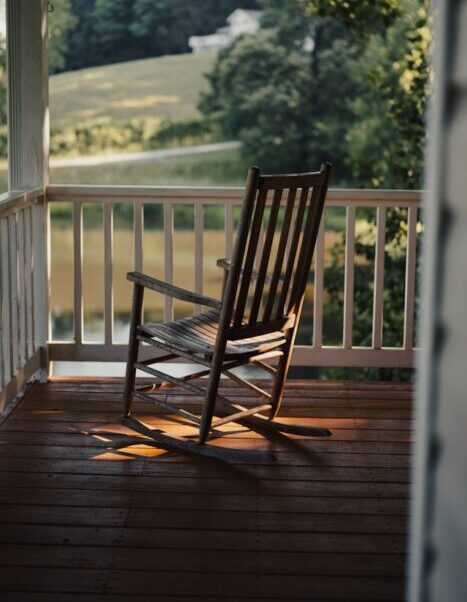Surrealismo
After an absence of what seemed an odd or maybe dreamy number of years an old college chum of my wife’s came circling back into our orbit. Lorna ran into her at a day spa up the hill in Laguna Niguel, a place called Le Chemin.
Lorna works there as a manicurist.
She’s never worked anywhere else, my wife. You’ll find a degree in art history and two bits will get you a cup of coffee and the Louvre isn’t hiring.
Lorna took six weeks of vocational classes, passed a state board exam. I was proud of her. A job with benefits, at last. Oohrah! All right, girl!
So, into the spa sails Gala—that was her name, this woman from the old college days.
Gala, like Dali’s mad muse.
Gala Davenport.
Pretty soon the two of them are getting together, hanging out, my wife and this woman, start meeting for lunch, so on. They rekindle the friendship.
My wife fills me in on the details of Gala’s life after college, the life between, what she’s learned. She tells me about Gala’s twin sons, Derek and John, the arduous pregnancy, the great many hours spent in labor, how difficult the boys were as toddlers, then as youngsters, growing up—little hellions, in a nutshell—but teenagers now, well-mannered, scary smart (beneficiaries of their mother’s genes), lately away in military school, the heroic sacrifices her friend has made for them; about her husband, Claude, the wealthy ambulance chaser who devours insurance adjusters (my line) for breakfast, their split-level mansion, described in reverent tones but so far unseen; all the elegant trappings of success.
—
Then one evening we’re up at their place. The Big Invite. And the home’s as advertised: sprawling, impressive, a glassy knife stuck halfway up the side of a canyon. They have quite the view: a ripple of houselights across the mountainside opposite; farther on, a bright trajectory of late traffic sweeps clockwise up the cloverleaf of a distant freeway.
I park our Civic on the drive while Lorna finishes a call to the sitter.
The kids are chained to their beds, she informs me. All is well.
In the great room we’re joined by two more couples, the Sullivans and the McFarlands, both of whom recently acquainted with Gala through committee-work for a local charity.
We all sit down and break the ice.
Gala’s in her forties, charming, willowy as a runway model. Claude, a tall man, athletic and older than Gala, regales our small gathering with war stories from the courtroom.
After a well-appointed meal, Gala takes us on a tour of the house.
We hike upstairs, downstairs, contemplate the lanai draped with slipper orchids.
As the tour nears its end, Gala says: I want to show you something.
We troop into the master suite. I’ve always felt awkward in other people’s bedrooms, not that it happens often. But here we are.
On the wall is a huge oil portrait of Gala, completely nude. An odalisque.
This was painted the day after I gave birth, she says proudly.
We stand a moment in awe.
Wow, my wife says. That’s amazing, Gala. Seriously.
Joanne Sullivan crosses her arms, offers: I remember when I had Bobby. Wiped out, I was. Really wiped out. Plus I was thirty pounds overweight if an ounce. A blob.
Tricia McFarland kicks in: My God, me too. I’ve never looked that good. You have to be some kind of über-mom, Gala.
I’m just careful, Gala says. In spite of a hectic schedule, I try to take care of myself. Work out. Eat right. I owe it to my children, my family. I owe it to me.
I look to Gala and then to the woman in the portrait and then back again. She has to be putting us on. The painting’s fetishized to a fare-thee-well. You’d have to be blind not to see it. Our artisté has endowed Gala with a voluptuous, Barbie-doll figure and sultry, come-hither vibe. A pinup, basically. It’s amusing.
—
A few months later Lorna comes home from the salon with another tale, this one from one of Gala’s former employees, a nanny. The nanny had arrived from San Francisco for a brief visit with the boys, to whom she’d grown deeply attached during her years in the household, and who were home for the summer. She’d decided to treat herself to Le Chemin after having seen a business card in Gala’s kitchen.
My wife was smiling in telling this, kind of a quizzical little smile.
I don’t know what to think, she said. I don’t know what to make of it.
Make of what, I said, and opened the sports page.
This part. What this woman told me.
Who?
The nanny. The former nanny. Roseanne.
Oh yeah, I said. What did she say?
That the boys, Gala’s twin sons, Derek and John, they’re adopted.
I screwed up my chin and studied the ceiling.
Wait a minute, I said, letting the paper float to the floor. I thought these were her kids, these boys. Her natural kids. The troubled pregnancy, blah blah.
That’s what Gala said. That was her story. She told me about late-night food cravings, disrupted sleep patterns, hormonal changes; the panic she felt when her water broke; the race to the hospital. She described the delivery room, her kindly obstetrician, the nurses, the staff, everything.
I snorted and shook my head.
But this nanny, she apparently knows the whole story. Roseanne knows. These boys were six years old when they were adopted. They came out of a home in Seattle.
You mean all that up there was bullshit, at the house? All that mommy-martyrdom, hey-looka-me bullshit?
Convincing, isn’t she.
Man, I said. An Oscar-level performance.
—
So that’s a little factoid we sit on, as it were, when occasion demands—Gala’s re-invention of herself. What difference does it make, though, really. She has two boys. She loves them just the same. So she’s concocted this grand opera for herself, regarding them. OK, so what. Her husband’s complicity must be merely as a bit player in the charade.
When Gala comes into Le Chemin for her nails, nothing’s changed. She and Lorna still chat it up, apparently, same-old, same-old. But I think for my wife—gosh, it’s not quite the same, is it. Or maybe it is, I don’t know. Who’s to say.

Edward Miller teaches writing at Madera College. Included among his areas of interest are outsider art, street photography, and the American vernacular. His work has lately appeared in The Muleskinner Journal, The Vignette Review, and The Chagrin River Review.



